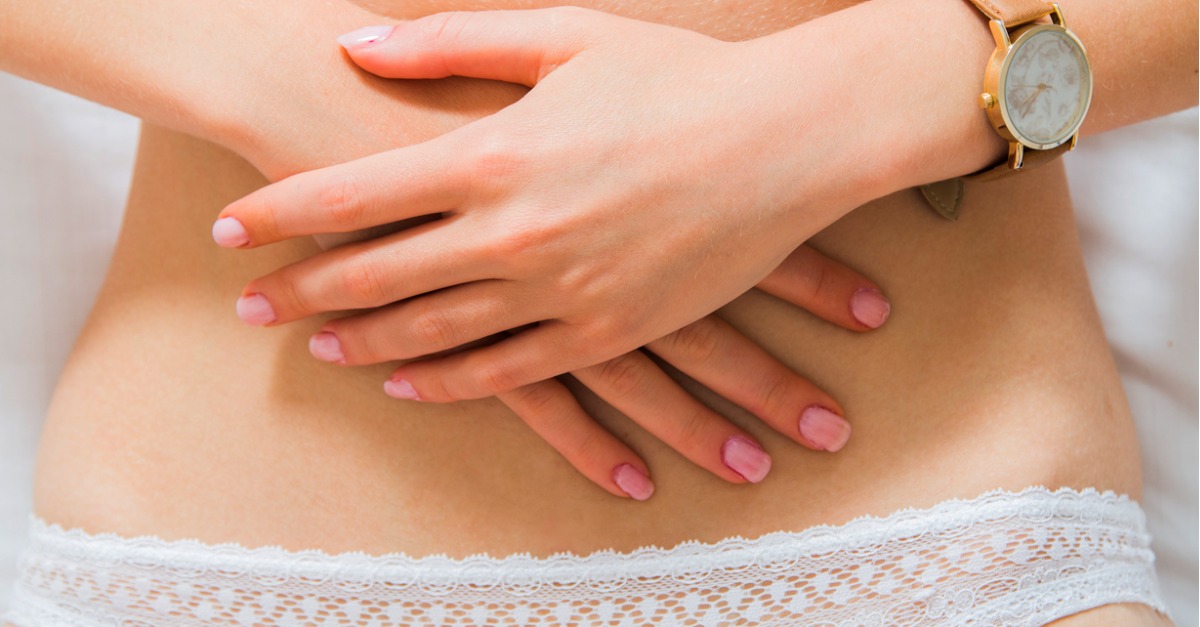What the Bumps on Your Vulva Could Mean
Finding new bumps anywhere on your body can be concerning, especially if they show up on your genitals. While you shouldn’t hesitate to schedule an appointment if you discover something unfamiliar around your vulva, here are some potential causes to consider in the meantime.
Ingrown Hairs
Wherever hair grows on the body, ingrown hairs can form. These irritated bumps can be uncomfortable, red, and inflamed, and could even become filled with pus.
While an ingrown pubic hair can clear up on its own, a warm compress can help draw the hair out. Then gently remove it with sterilized tweezers. While the affected area is healing, avoid any other hair removal practices.
If you choose to shave on a regular basis, you can keep ingrown hairs at bay by using only a clean, sharp razor, and lubing up the outer area with a gentle shaving cream. You might also consider professional waxing as an alternate hair removal method if ingrown hairs become a persistent issue.
Pimples
As with your cheeks, chin, back, and even chest, the labia can develop pimples when skin pores become clogged. Tight-fitting clothing, exposure to sweat and other body fluids, and public pools or hot tubs are all potential causes for these breakouts. Typically, when given gentle cleaning and otherwise left alone, your unseemly zit will clear up within a few days, but be sure to schedule an appointment if a blemish lingers.
Cysts
Your vulva may be a possible site for cysts, thanks to Bartholin’s glands which secrete fluid to provide lubrication during sex. If these helpful gland openings become obstructed, built up fluid can cause a cyst. And if the cyst gets infected, accumulated pus can create an abscess. You’ll know this is the case if the area becomes red, swollen, tender or hot—sometimes you may get a fever, too. A warm bath soak may help the cyst drain, but if the swelling and discomfort persists after several days, see one of our providers for consultation on other treatment options.
Allergic Reactions
Contact dermatitis, a common skin reaction, may form around your vulva after contact with all kinds of things, including condoms, lubricants, feminine products, scented bath oils, or even laundry detergents. If you’ve recently introduced a new substance to your private regimen, try eliminating it for a few days to see if it helps clear things up. If not, we advise you to make an appointment with your gynecologist.
Bumps With More Serious Causes
STIs
If you have a bump that becomes inflamed or irritated, and doesn’t disappear on its own, make sure to rule out any sexually transmitted infections (STIs). Genital herpes, genital warts, syphilis, scabies, and molluscum contagiosum can all create bumps on the genitals, and must be tested by an expert in order to determine proper treatment.
Cancer
Vulvar cancer makes up only 0.6% of all cancers in women, and is extremely rare. But it’s still important to be on the lookout. Though symptoms vary, the main indicators include open sores, an unusually rough texture, persistent itching, non-menstrual bleeding, or severe pain and burning. Anything that feels uncomfortable or gives you alarm for more than a week should certainly be checked out by your doctor or gynecologist.
Bumps and irritation may be a normal part of your body’s functions, but if any new symptom has developed, contact Covington Women’s Health for peace of mind. Our practitioners can help diagnose and treat issues, and put you at ease. Schedule an appointment online or call us at (770) 385-8954.








